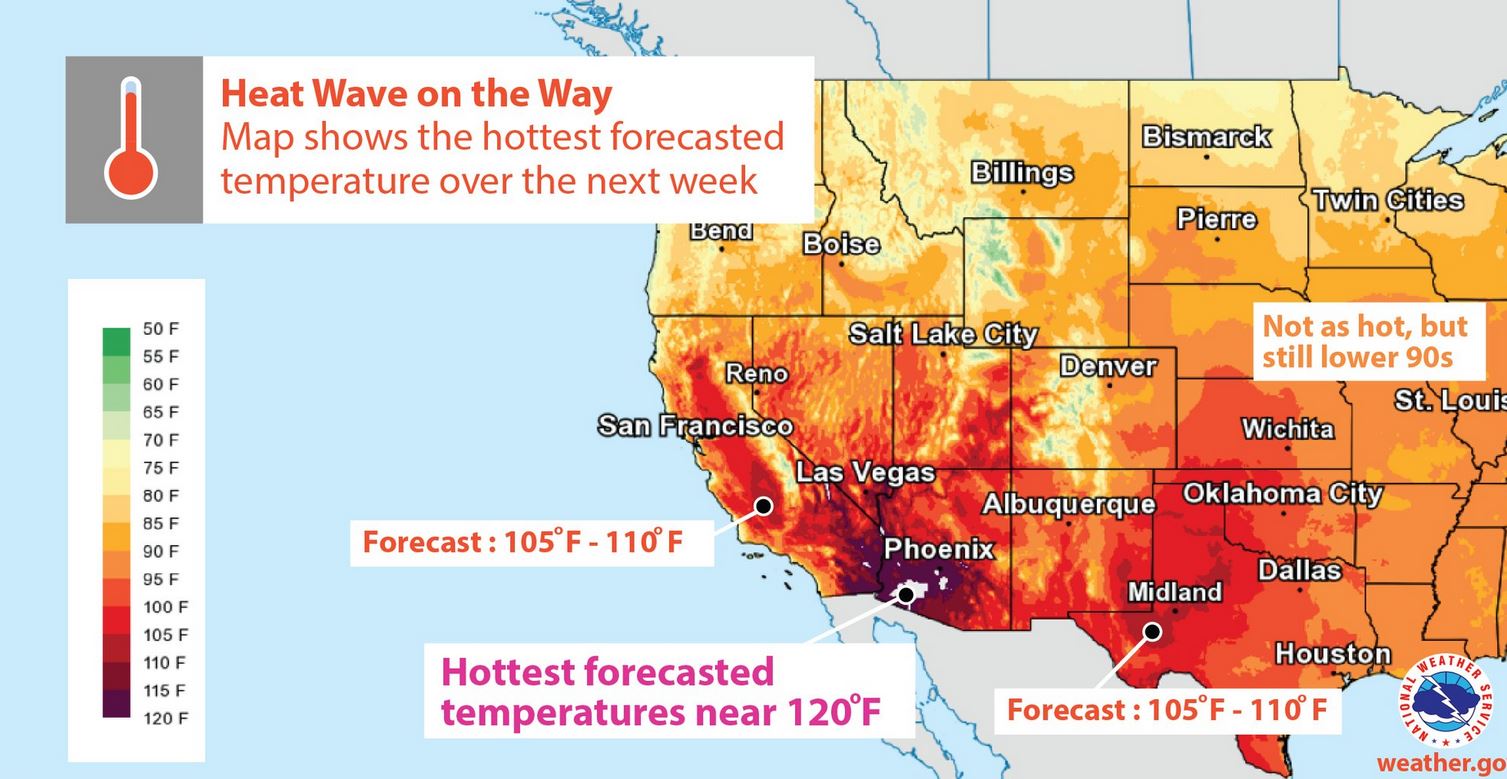
Climate Change: Deadly Heatwaves Will Become More Common
Nearly half the world’s population will suffer periods of deadly heat by the end of the century, even if we radically start to cut greenhouse gas emissions. This will rise to nearly 75 per cent if we do nothing.
Today is world refugee day. Every 3 seconds someone flees for safety. Each year millions escape conflict and disaster.
Whilst millions have been displaced by conflict in the Middle East and Africa, many have been forced to move due to drought, famine and fire.
And now scientists are warning that the situation is going to get much worse as heatwaves become more common.
Some people are displaced across borders, some within borders. Portugal is currently observing three days of national mourning for over sixty people who have died in huge wild fires ravaging the mountainous and forested area of the country, some 100 kilometres north of Lisbon. Dozens of people have fled their homes. Hundreds of fire-fighters are still struggling to contain the blaze, with the fire being exacerbated by high temperatures and winds.
Later today, temperatures are expected to reach 38C (100F), which together with the windy conditions could reignite the situation. It is the largest number of deaths in Portugal since 1966, when 25 soldiers died.
Portugal is not alone in Europe. Many parts of Spain have been hit by a heatwave in recent days and the UK is sweltering in unusually hot weather, with the country now on a heatwave alert too.
Meanwhile in the US, dangerous heat will continue across much of California and the Desert Southwest, according to the National Weather Service. Yesterday, temperatures in Phoenix, Arizona were set to reach 119F (48.3C). As CNN reported earlier today: “Sacramento, California, saw record high temperatures of 106 degrees on Sunday, heat last seen almost 75 years ago, when it reached 105 degrees Fahrenheit.”
Just under twenty million people in the US are also experiencing drought.
And more and more of us will now have to deal with heatwaves. Nearly a third of the world’s population is now exposed to climatic conditions that produce heatwaves, according to new research published in the Journal, Nature Climate Change.
But the scientists are predicting that nearly half the world’s population will suffer periods of deadly heat by the end of the century, even if we radically start to cut greenhouse gas emissions. This will rise to nearly 75 per cent if we do nothing.
Just as in Portugal in recent days, these rising temperatures make it “almost inevitable” that we will see raising fatalities.
“Our attitude towards the environment has been so reckless that we are running out of good choices for the future,” argues Camilo Mora, an Associate Professor at the University of Hawaii at Manoa and lead author of the study. “For heat waves, our options are now between bad or terrible”.
He added: “Many people around the world are already paying the ultimate price of heat waves, and while models suggest that this is likely to continue to be bad, it could be much worse if emissions are not considerably reduced.”
The scientists reviewed papers published between 1980 and 2014. As they outline: “Based on the climatic conditions of those lethal heat events, we identified a global threshold beyond which daily mean surface air temperature and relative humidity become deadly. Around 30% of the world’s population is currently exposed to climatic conditions exceeding this deadly threshold for at least 20 days a year.”
“By 2100” they warn, “this percentage is projected to increase to 48% under a scenario with drastic reductions of greenhouse gas emissions and 74% under a scenario of growing emissions.”
They argue “An increasing threat to human life from excess heat now seems almost inevitable, but will be greatly aggravated if greenhouse gases are not considerably reduced”.
“Finding so many cases of heat-related deaths was mind blowing, especially as they often don’t get much attention because they last for just a few days and then people moved on,” Mora told the Guardian.
“Dying in a heatwave is like being slowly cooked, it’s pure torture”, the scientist says. “The young and elderly are at particular risk, but we found that this heat can kill soldiers, athletes, everyone.”
And climate change is partly to blame: “The impact of global climate change is not a specter on the horizon. It’s real, and it’s being felt now all over the planet,” said Amir AghaKouchak, UCI Associate Professor and co-author of that study. “It’s particularly alarming that the adverse effects are pummeling the world’s most vulnerable populations.”
And that brings us back to refugees.
Climate change and rising temperatures will hit the poor the hardest. As Friends of the Earth have pointed out today: “By 2050 up to 200 million could be displaced due to rising global temps. Climate change is forcing millions to leave their homes, yet climate refugees do not have the same rights as other refugees fleeing war and persecution.”
If you want to support FoE’s campaign to change this, go here.

